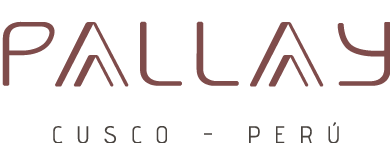The backstrap loom is not just a tool: it's a living cultural heritage. Each pattern (pallay) tells ancestral stories, and each color has a spiritual meaning. Yet only 16% of our weavers are under 30 years old.
- Fair Trade certification guarantees fairer prices and community development benefits.
-
At PALLAY, the weaver's remuneration is clear and transparent:
- For garments such as ponchos, vests, and capes, the weaver receives between 21% and 23% of the final retail price.
-
For home decor products, such as pillows, you receive approximately 30% of the final sales price.
- It's important to note that weavers are paid for the raw loom, before it is transformed into a garment or accessory. They don't depend on the final product being sold in a store to receive payment: their artisanal work is recognized and compensated immediately.
- With long-term contracts and fair pay, young people could see weaving as a life opportunity and not just a craft of the past.
- PALLAY already meets many of the 10 Fair Trade principles: decent work, no child labor, women's empowerment, transparency, and respect for the environment.
With certification, we would protect ancestral techniques, ensure decent incomes, and give international recognition to indigenous knowledge. The future of high Andean traditions may be in our hands.


